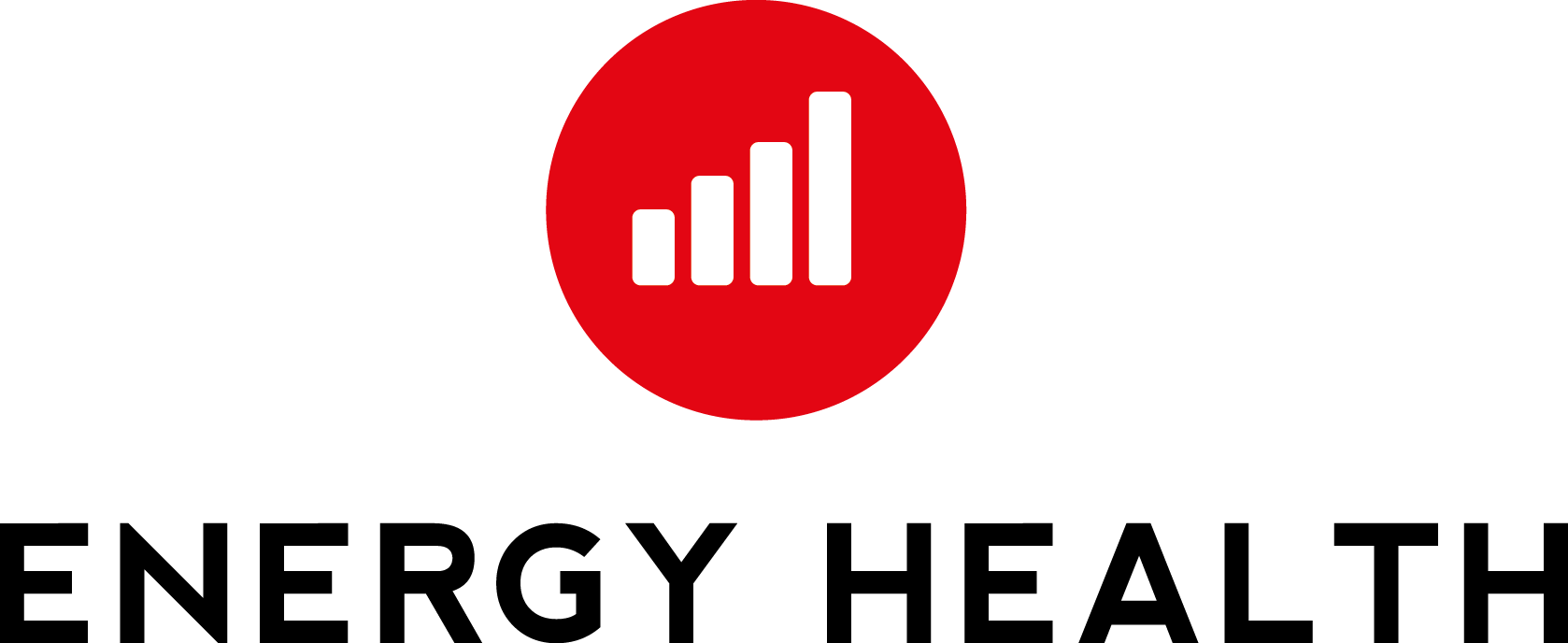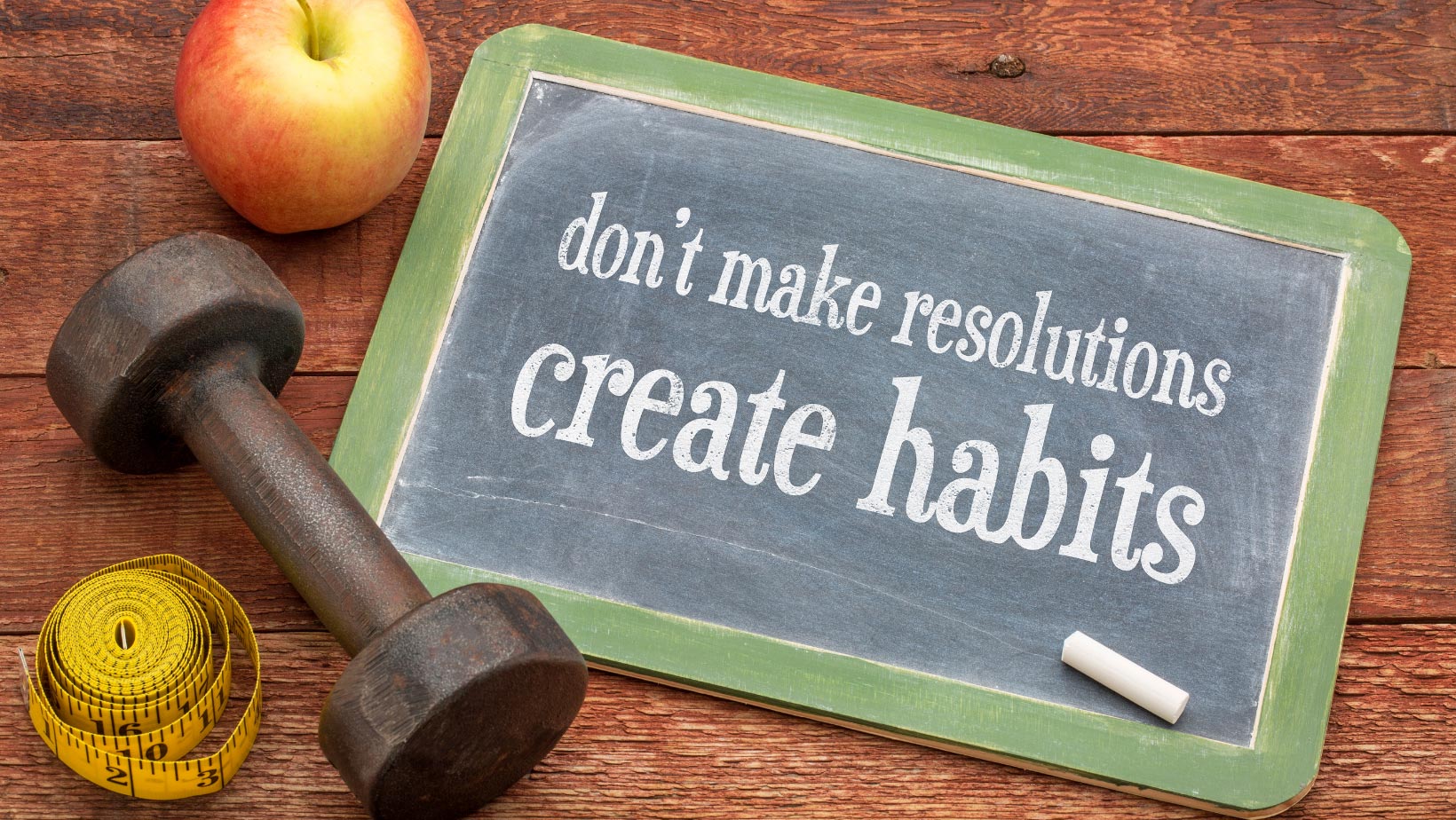We all want to live more productive lives. In an ever increasing world of demands and distractions, developing consistent healthy habits helps us to move closer to the life and the conditions that we want to experience.
A quick search on Google defines a habit as a routine of behaviour that is repeated regularly and tends to occur subconsciously.
The American Journal of Psychology states; that a habit, from the standpoint of psychology, is a more or less fixed way of thinking, willing, or feeling acquired through previous repetition of a mental experience.”
From the definitions above, it’s clear that habits come from repeated behaviours that over time become embedded in the subconscious.
And just how powerful and pervasive is the subconscious mind in our lives?
Dr Joe Dispenza, best selling author of You are The Placebo, and Becoming Supernatural, states that the subconscious is responsible for as much as 95% of our behaviours.
If only around 5% of our lives are lived consciously, then we want to make sure our habits in the other 95% are helping us and not holding us back.
So if we want to develop our own healthy habits, we need to understand the above definitions to give ourselves a higher probability of building rock solid habits that will naturally help us to respond to life as it happens, and as we create it.
Before we look at creating our own routine of behaviour, we need to get clear on the building blocks that our behaviours are built upon.
These building blocks involve getting clear on what we want and why we want it, and what our beliefs and values are that underpin that, so we can bring it all together and create repeatable behaviours in alignment to what we want to achieve in our lives.
How might we increase the odds of developing good habits?
A powerful strategy is to break our behaviours down to smaller actions and build from the ground up.
For example, if we want to improve our fitness, we need to start somewhere.
That somewhere is at the beginning – this is a process focused approach.
This simply means one deliberate step and concerted effort at a time.
For example, if we start a new fitness program, we need to create new behaviours that will support participating and improving our fitness within that program.
For example;
We may choose to get up earlier in the morning.
We may choose to start eating healthier food.
We might start listening to health and fitness related podcasts.
We might set up some rewards for ourselves once we achieve certain milestones.
We might also enlist the services of a coach.
Any behaviours we can create that we do in alignment and in agreement towards our personal goals and aspirations, will be the building blocks for creating sound habits.
When we are looking to create new habits, we need to understand that many of our existing habits, both good and not so good, have been developed in some cases over a lifetime.
So when we try to erase or improve upon many of these habits, we need to be cognisant of the patterns and the pathways that are embedded in our subconscious.
We mention this because we need to be clear on the bigger picture and the longer view here.
For many of us, creating new habits that stick can be a real challenge and it can take time.
The good news is that when we line up our beliefs and values in alignment to the behaviours we want to achieve, we create a blueprint for success if we stay true to the goals we want to achieve.
If we go back to the earlier definition provided by the American Journal of Psychology, ourthinking, willing, and feeling add further strength to that experience of repetition as we look to create and repeat new behaviours.
With a little thinking, planning and self awareness, we can all develop new and improved behaviours.






Leave A Comment
You must be logged in to post a comment.